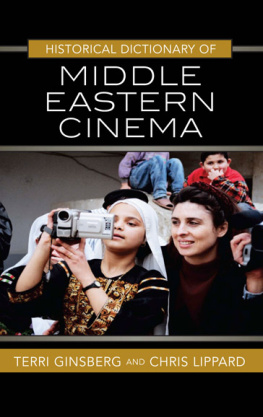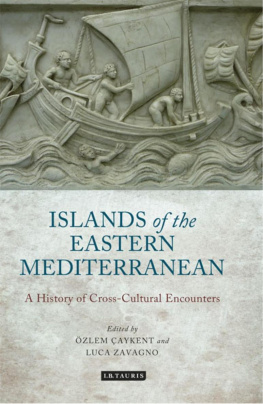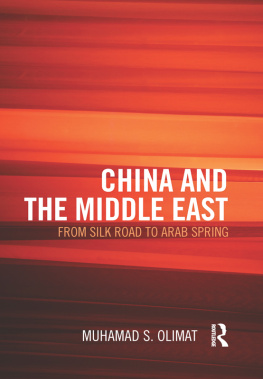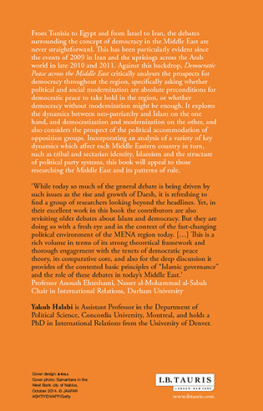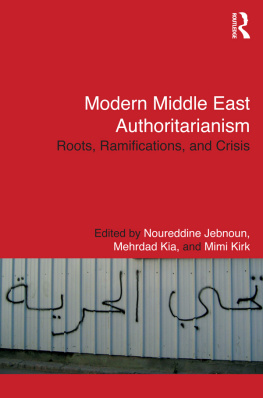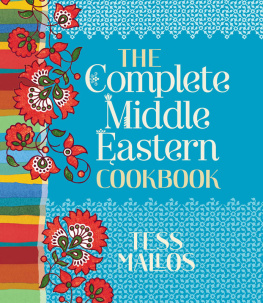Alireza Korangy has been Assistant Professor of Classical Persian and Contemporary Iranian Linguistics at the University of Virginia and has taught at the University of Colorado at Boulder. He received his PhD from Harvard University in 2007 and is currently the editor-in-chief of the International Journal of Persian Literature and acting president of Societas Philologica Persica. His recent books include Development of the Ghazal and Khaqanis Contribution: A Study of the Development of Ghazal and a Literary Exegesis of a 12th c. Poetic Harbinger (2013) and an edited volume, Essays in Islamic Philology, History, and Philosophy (2016).
Hanadi Al-Samman is an associate professor of Arabic Language and Literature in the Department of Middle Eastern and South Asian Languages and Cultures at the University of Virginia. She is the author of Anxiety of Erasure: Trauma, Authorship, and the Diaspora in Arab Womens Writings (2015) and has published in the Journal of Arabic Literature; Womens Studies International Forum; and Alif: Journal of Comparative Poetics. She is co-editor of Queer Affects a special issue of the International Journal of Middle East Studies.
Michael C. Beard is Chester Fritz Distinguished Professor of English and Adjunct Professor of Peace Studies at the University of North Dakota. He is co-editor of the journal Middle Eastern Literatures and is editor for the monograph series Middle East Literature in Translation. He publishes frequently on Arabic and Persian literatures, as well as translating works of literature. He has won the Lois Roth Award for a Translation of a Literary Work.
From its editors statement of its aim to rekindle the lost harmonious ties among Middle Eastern peoples to a concluding essay on meanings of Arabic words exhibiting an h-b-b root system and on hubb synonyms and antonyms, The Beloved in Middle Eastern Literatures is a rich, variegated, must-read study of its important subject. Through plot summaries and analyses of a handful of recent novels, analyses of Arabic love poems by Jaml (early 7th century CE ), Abu Nuws (d.c. 814 CE ), and Ibn al-Rumi (d. 896 CE ) and of Persian love poems by leading Persian woman poets Jahn Malek Khtun (14th century) and Forugh Farrokhzd (193467), along with treatments of several treatises and anthologies, The Beloved in Middle Eastern Literatures delivers on its promise to offer an alternative intervention one that affirms subjectivity and the universality of love affects across time and geography. For students of Persian love poetry, such as this blurb writer, the book sheds needed light on the unresolved nature of the beloved in Persian love poetry (which, after all, traces its origins to Arabic poetry).
Michael Craig Hillmann, Professor of Persian, The University of Texas at Austin
This magnificent collection on love and the beloved in Middle Eastern literatures is groundbreaking for its comparative, interdisciplinary, and trans-regional approach. It is sure to become the standard work on the subject.
Jonathan Smolin, Chair and Associate Professor, Department of Asian and Middle Eastern Languages and Literatures, Dartmouth College
The Beloved in Middle Eastern Literatures is a welcome contribution to gender, love and sexuality studies on the Middle East. The essays provide cross-cultural and interdisciplinary perspectives to the concept of the beloved as it appears in distinct yet connected literary cultures of the premodern and modern Middle East. Through an innovative organization of essays that focus on thematic and linguistic nuances and unifying affects rather than a chronological approach, editors achieve to weave a story about the revolutions of the concept of beloved in Middle Eastern literary traditions. Love is analyzed in chapters organized after dangerous, divine, erotic, and dialectical forms of it as well as its relation to gender.
Selim S. Kuru, Associate Professor and Department Chair, Department of Near Eastern Languages and Civilization, University of Washington

Published in 2018 by
I.B.Tauris & Co. Ltd
London New York
www.ibtauris.com
Copyright Editorial Selection and Introduction Alireza Korangy, Hanadi Al-Samman and Michael Beard
Copyright Individual Chapters Asaad Alsaleh, Domenico Ingenito, Christine N. Kalleeny, Mehmet Karabela, Benjamin Koerber, Miral Mahgoub al-Tahawy, Pernilla Myrne, A.Z. Obiedat, Dylan Oehler-Stricklin, Richard Serrano, Ali-Asghar Seyed-Gohrab, Paul Sprachman, Sarah R. bin Tyeer
The right of Alireza Korangy, Hanadi Al-Samman and Michael Beard to be identified as the editors of this work has been asserted by the editors in accordance with the Copyright, Designs and Patents Act 1988.
All rights reserved. Except for brief quotations in a review, this book, or any part thereof, may not be reproduced, stored in or introduced into a retrieval system, or transmitted, in any form or by any means, electronic, mechanical, photocopying, recording or otherwise, without the prior written permission of the publisher.
References to websites were correct at the time of writing.
Library of Middle East History 71
ISBN: 978 1 78453 291 8
eISBN: 978 1 78672 226 3
ePDF: 978 1 78673 226 2
A full CIP record for this book is available from the British Library
A full CIP record is available from the Library of Congress
Library of Congress Catalog Card Number: available
Dedicated to the children of Syria. May love transform the violence and hate which enveloped their beloved homeland.
Contents
Sarah R. bin Tyeer
Asaad Alsaleh
Benjamin Koerber
Ali-Asghar Seyed-Gohrab
Miral Mahgoub al-Tahawy
Dylan Oehler-Stricklin
Richard Serrano
Domenico Ingenito
Pernilla Myrne
Paul Sprachman
Christine N. Kalleeny
Mehmet Karabela
A.Z. Obiedat
Contributors
Asaad Alsaleh is Assistant Professor of Arabic Literature in the Department of Near Eastern Languages and Cultures, Indiana University. Alsaleh is particularly interested in issues related to autobiography and displacement in Arabic literature. His recent book, Voices of the Arab Spring: Personal Stories of the Arab Revolutions (2015), touches on this topic.
Domenico Ingenito received his Ph.D. from Universit di Napoli LOrientale. He is the director of the Program on Central Asia and Assistant Professor of Classical Persian at the University of California, Los Angeles (UCLA). His publications include: Tabrizis in Shiraz Are Worth Less Than a Dog: Sad and Humm, a Lyrical Encounter, in Politics, Patronage and the Transmission of Knowledge in 13th15th Century Tabriz, and Beholding Beauty: Sadi of Shiraz and the Persian Lyric Tradition, (forthcoming).
Christine N. Kalleeny is an American-Egyptian of Coptic heritage. She is the Director of the Arabic Language Program at Franklin & Marshall College and has been since 2014. She received her Ph.D. in Comparative Literature from Emory University in 2010 and her doctoral thesis was a comparative study that explored the vital relations among the experiences of erotic desire, intoxication and poetic language in the poetry of the ninth-century Arab poet Abu Nuwas and the Symposium of Plato. Her new research explores the ways in which olfactory experience, particularly as it relates to perfume and cosmetics, is shaped by the religious, aesthetic and cultural practices of the medieval Islamic world (particularly the Arabic-speaking world) and how these practices are both represented and interpreted in major literary and philosophical works of the period.


